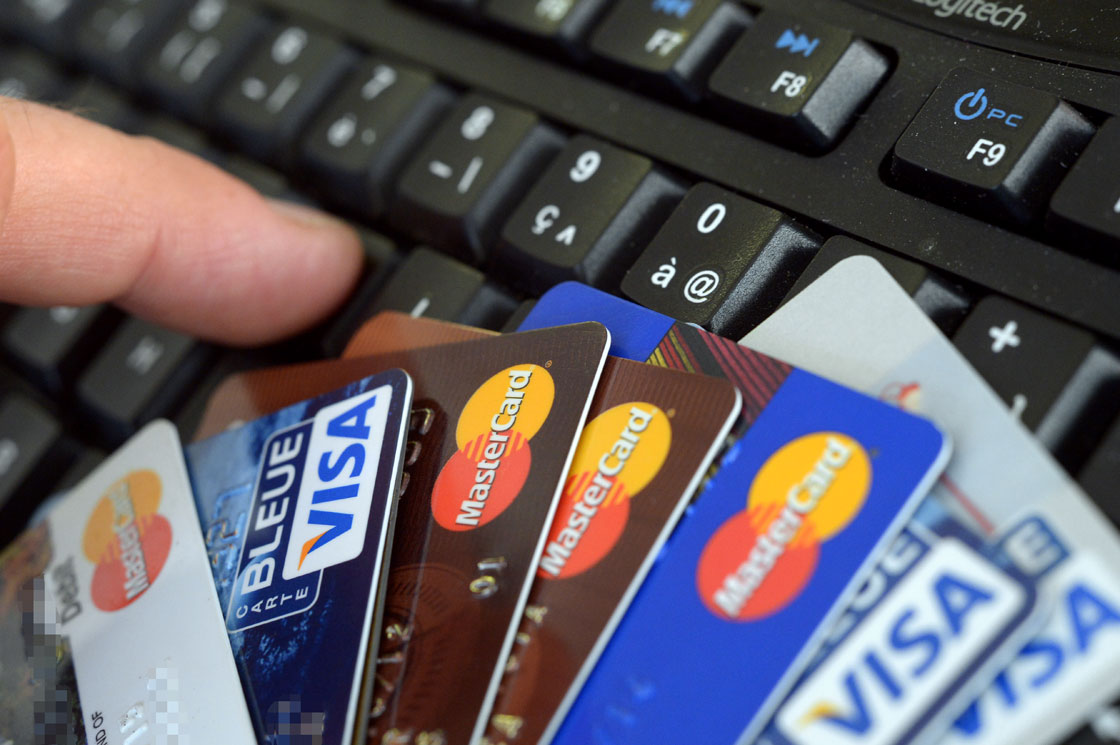Shopping has never been easier. With a couple of clicks, you instantly get what you want online. The problem is that getting what you want doesn’t always come with a price limit.

“As pleasure-seeking humans, we are unconsciously driven to please ourselves without considering the consequences of our actions,” said Sam Albanese, a finance professor at Seneca College.
READ MORE: Global News’ Smart Money series
This practice of self-gratification is referred to as impulse shopping. Some describe it as a powerful and persistent urge that encourages immediate action. Often, it involves spending money on something you want, but don’t need. With the emergence of online shopping, purchasing something impulsively has only become easier.
A 2012 survey by the Bank of Montreal found Canadians spent an average of $3,720 on impulse buys that year. In turn, that can often lead to debt as many of these impulse buys end up being purchased on credit cards. Just last year, Equifax Canada reported that Canadian consumer debt had grown to a new high of $1.5 trillion in the third quarter of 2014.
Albanese said that a major driver of this behaviour is the mentality of wanting to keep up with the rest of society.
“Many Canadians feel that they work hard and therefore deserve to reward themselves,” he said. “Emotions and feelings cloud their ability to make clear choices.”
The reason it’s so easy to buy something on an impulse lies in the way advertisers target consumers. Long gone are the days when advertisements were relegated solely to magazines and billboards. Ads now pop up everywhere online, from Instagram to Twitter to your Facebook news feed as suggested posts — and the suggestions can be eerily personalized. If your relationship status on Facebook is listed as single, you’ll probably find an ad for a dating app in your feed.

Get weekly money news
But last summer, Facebook announced it was moving beyond just using the information provided to the social network through your profile. Now Facebook has the ability to personalize ads based on your browsing history.
RELATED: How to opt out of tailored Facebook ads
“Facebook is making headway here,” said David Soberman, a marketing professor at the University of Toronto. “People go there to browse and spend time.”
But Soberman said the company that really has digital marketing down pat is Amazon.com, Inc.
“You go on the website and they bombard you with stuff related to past purchases,” he said.
Soberman said he believes that a significant amount of Amazon’s success lies in activating users about things they wouldn’t have bought in the absence of its suggestions.
“Anytime you click through a link, there’s an element of impulse to it,” he said.
Because of how easy it is to make an impulse purchase, Albanese has four tips to avoid buying things you want in the moment, but don’t necessarily need.
1. Deal with debit or cash only
Rationalizing what you buy is easy when you’re using a credit card. Not only that, but the pain of parting with money is deferred. Cash and debit, on the other hand, is money that you have and will immediately part with if you use it. While some online retailers only accept credit cards as a form of payment, others accept PayPal. Through a PayPal account, you can link your debit card to it, thereby forcing you to spend only what you have.
2. Make a shopping list
Companies know that many shoppers aren’t disciplined. That’s why they make it easy to part with money by creating two-for-one sales, buy-one-get-one-free opportunities and limited-time offers. Albanese recommended making a list of what you need to buy and sticking to it.
“Do what race horses do,” he said. “Put blinders on to assist in staying focused.”
3. Make rules as to what to buy and stick to them
This means laying down the law so that you can make a distinction between what you need and what you desire. Ask yourself if you really need a cupboard full of cereal boxes or a pair of pants similar to ones you already own. The biggest temptation in a store is often the checkout counter. Online, it’s the suggestions to buy something else or adding enough to your cart to qualify for free shipping.
RELATED: The five things you actually should buy in bulk
4. Buy later rather than sooner
Albanese said this is probably the hardest thing to do because it goes against the natural tendency to hoard. But he said that if you can discipline yourself enough to put off purchasing it for a later date, the feeling of needing to have an item at that very moment disappears.
“After a while,” he said, “you begin to see that a deferred pleasure is indeed better.”
What was your last impulse purchase? Can you relate to the people in these tweets?



Comments